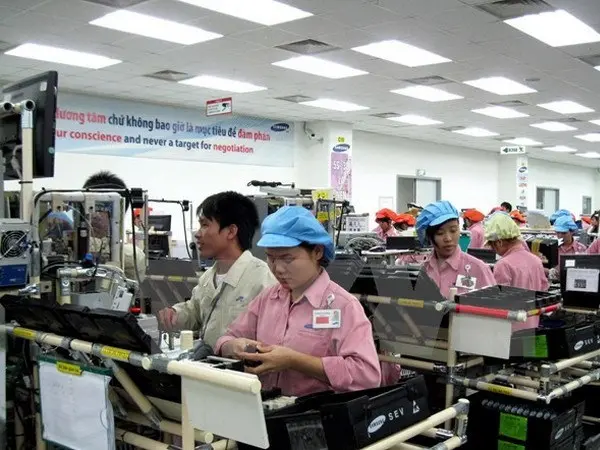German Foreign Minister Sigmar Gabriel hit out at the US over sanctions against Russia, saying the friction could lead to a new “ice age” in relations with Russia.
Gabriel said he conveyed Berlin’s concerns about the sanctions in a meeting with US Secretary of State Rex Tillerson in Washington on Tuesday.
He visited his US counterpart at short notice. The meeting concluded at a handshake for the media, but no briefing.
They last met at the NATO foreign ministers’ meeting in Brussels in March, when Gabriel lashed out at the US for the suggestion that Germany should increase its defense spending.
We have not been on the same wavelength lately, Gabriel acknowledged according to a report in the Austrian daily Die Presse.
German media speculate that the country could have a new foreign minister after elections in September, and it may be one of the reasons Gabriel and Tillerson did not have something to say.
German Chancellor Angela Merkel (R) and German Vice Chancellor and German Foreign Minister Sigmar Gabriel await the start of the weekly cabinet meeting in Berlin, on August 23, 2017.
Tillerson, on the other hand, appears to be the weakest Secretary of State ever, according to Columbia University professor Robert Jervis’ column in Foreign Policy published in March.
The meeting was aimed at generating an exchange of information and opinions in an open atmosphere of conversation and not at taking any concrete decisions, the Foreign Ministry spokesman in Berlin clarified.
Economic concerns
German foreign minister told journalists after the meeting with Tillerson that sanctions on Russia could expose European firms involved in energy projects in Russia to fines.
“We as Europeans have significant fears that this will have unintended consequences for Europe. We don’t want to destroy our business relations with Russia, especially in the energy sector,” Gabriel said.
The US imposed new sanctions on Moscow for its 2014 annexation of Ukraine’s Crimea Peninsula and for what US intelligence agencies say was its meddling in the US presidential election, a charge Russia denies.
Crimea effect
Moscow backed pro-Russian and anti-government groups in the eastern Ukraine’s Donbass region in 2014. The conflict resulted in the annexation of Ukraine’s Crimea Peninsula, triggering sanctions against Russia from the US and the EU.
An agreement, the Minsk Protocol, was reached in 2015 between Ukraine, anti-government groups and Russia to halt the war in Ukraine’s Donbass region.
The newly appointed US special representative for Ukraine Kurt Volker said in an interview that sanctions would remain until Russia implements the Minsk agreement forward.
Serviceman of Ukraine's Donbass Battalion prepares a machine gun on the position near the village of Shirokine, Donetsk region, June 6, 2015.
Speaking of the effectiveness of the economic sanctions, Volker told Germany’s broadcaster Deutsche Welle, “The Minsk agreement is not working today in the sense that it hasn't produced the peace and the restoration of Ukraine's territory, which is the goal.”
“At the same time, it plays a very important role in that it is a vehicle by which Russia, as recently as just a few weeks ago, reaffirmed its support for Ukraine's territorial integrity and it is also the basis on which sanctions are kept in place.”
Germany’s Free Democratic Party had stirred up a controversy after its leader Christian Lindner suggested that Germany and its partners should accept Russia’s annexation of Crimea.
Germany and France, however, are trying to convince Russia and Ukraine to implement the Minsk agreement.
German Chancellor Angela Merkel and French President Emmanuel Macron on Monday urged both sides to step up their efforts to implement the deal.
More than 10,000 people have died in the fight between separatists and Ukrainian forces since it started in 2014.
(CGTN)
 简体中文
简体中文





